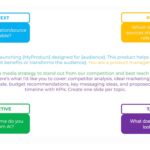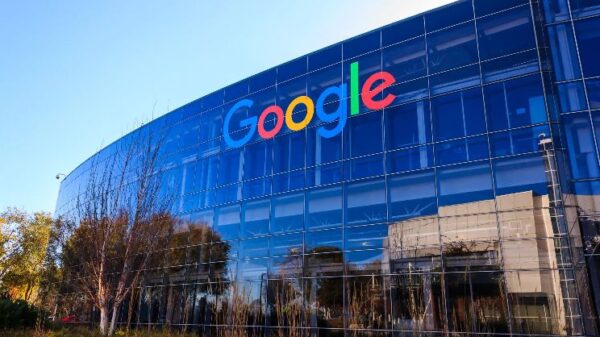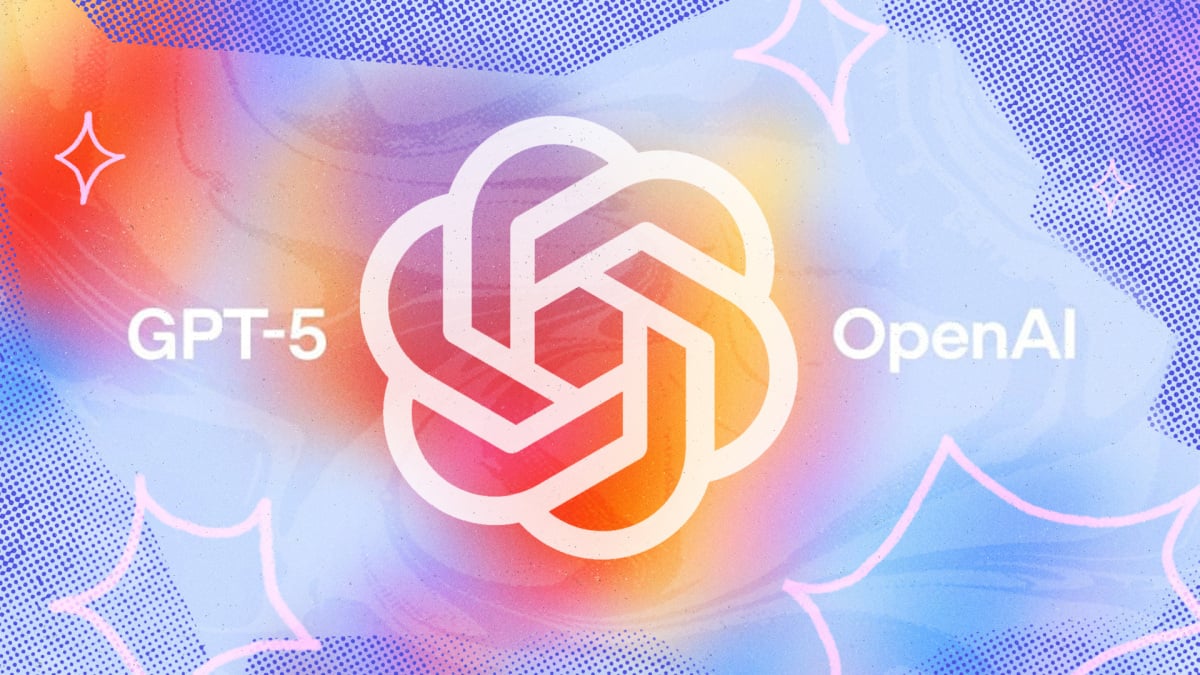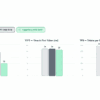OpenAI’s latest innovation, GPT-5, has hit the market, but early reviews are far from favorable. Released on Thursday, the new foundation model has sparked a wave of disappointment among enthusiasts, particularly on platforms like Reddit where many users have taken to expressing their frustrations.
A quick scroll through the ChatGPT subreddit reveals a shocking consensus: users are calling GPT-5 a “disaster,” “horrible,” and the “biggest piece of garbage,” even among those who have paid for the subscription. Such strong reactions underscore the growing divide between expectations and reality in AI advancements.
Community Backlash and User Sentiment
In an ironic twist, OpenAI had scheduled a Reddit AMA (Ask Me Anything) to address user concerns about GPT-5, just as complaints were flooding in. Users were particularly vocal about their desire for a return to the previous model, GPT-4o, citing that it offered a more engaging conversational experience. One user lamented, “GPT-4o had this warmth. It was witty, creative, and surprisingly personal, like talking to someone who got you. Now? Everything’s so… sterile.”
Critics have pointed out that GPT-5 lacks the personality that distinguished it from other AI bots. Another user expressed a similar sentiment, saying, “GPT-5 lacks the essence and soul that separated ChatGPT from other AI bots.” In response to the rollout, many users reported canceling their subscriptions, frustrated by the sudden removal of multiple models, which left them feeling cornered. “I woke up this morning to find that OpenAI deleted eight models overnight. No warning. No choice,” one subscriber shared.
In an effort to streamline its offerings, OpenAI combined various models under the GPT-5 umbrella, but this move has left many users longing for the flexibility of the previous system, leading to substantial backlash.
Sam Altman Addresses Concerns
During the AMA, OpenAI’s CEO, Sam Altman, faced a barrage of demands to reinstate GPT-4o. In a candid acknowledgment of user frustrations, Altman stated, “Ok, we hear you all on 4o. Thanks for the time to give us the feedback (and the passion!). We are going to bring it back for Plus users, and will watch usage to determine how long to support it.”
Altman also tackled criticism surrounding the perceived performance of GPT-5, asserting that the “autoswitcher” feature—responsible for determining which version of GPT-5 to use—was not functioning optimally at launch. “GPT-5 will seem smarter starting today,” he reassured users, noting that clarity regarding which model is answering prompts will improve. Furthermore, OpenAI plans to double the rate limits for ChatGPT Plus users as part of the rollout enhancements.
“We expected some bumpiness as we rolled out so many things at once. But it was a little more bumpy than we hoped for!” Altman admitted during the discussion.
Performance and Expectations
Despite the backlash, experts like cognitive scientist Gary Marcus have pointed out that while GPT-5 shows “good progress on many fronts,” it does not deliver the “huge leap forward” that many anticipated. Since the last major release over two years ago, OpenAI has faced increased competition from various players in the AI field, including Google Gemini, Anthropic’s Claude, and Meta’s Llama, who have all made significant strides in similar capabilities.
Such competition is perhaps why expectations for GPT-5 were astronomically high. Many users were hopeful that it would reinforce OpenAI’s status as a leader in the AI space. While some have shared positive experiences with GPT-5, the overwhelming sentiment seems to be disappointment, raising questions about the model’s actual impact on user experience and the broader AI landscape.
In conclusion, while GPT-5 might represent an evolution in OpenAI’s offerings, the initial reception emphasizes the importance of managing user expectations. As the company continues to gather feedback and implement changes, only time will tell if GPT-5 can live up to its intended potential within the AI community.
 Charter Announces AWS AI Partnership, Aiming for Enhanced Efficiency and Customer Experience
Charter Announces AWS AI Partnership, Aiming for Enhanced Efficiency and Customer Experience GAP-Diff Framework Enhances JPEG Image Protection Against Diffusion-Based Customization
GAP-Diff Framework Enhances JPEG Image Protection Against Diffusion-Based Customization Brendan Greene Advocates Against Generative AI in Gaming, Citing Community Opposition
Brendan Greene Advocates Against Generative AI in Gaming, Citing Community Opposition Insurers AIG and WR Berkley Seek Exclusions for Corporate AI Risk Coverage
Insurers AIG and WR Berkley Seek Exclusions for Corporate AI Risk Coverage IAB Australia Launches LLM Prompting Guide to Enhance Marketing AI Strategies
IAB Australia Launches LLM Prompting Guide to Enhance Marketing AI Strategies





































































